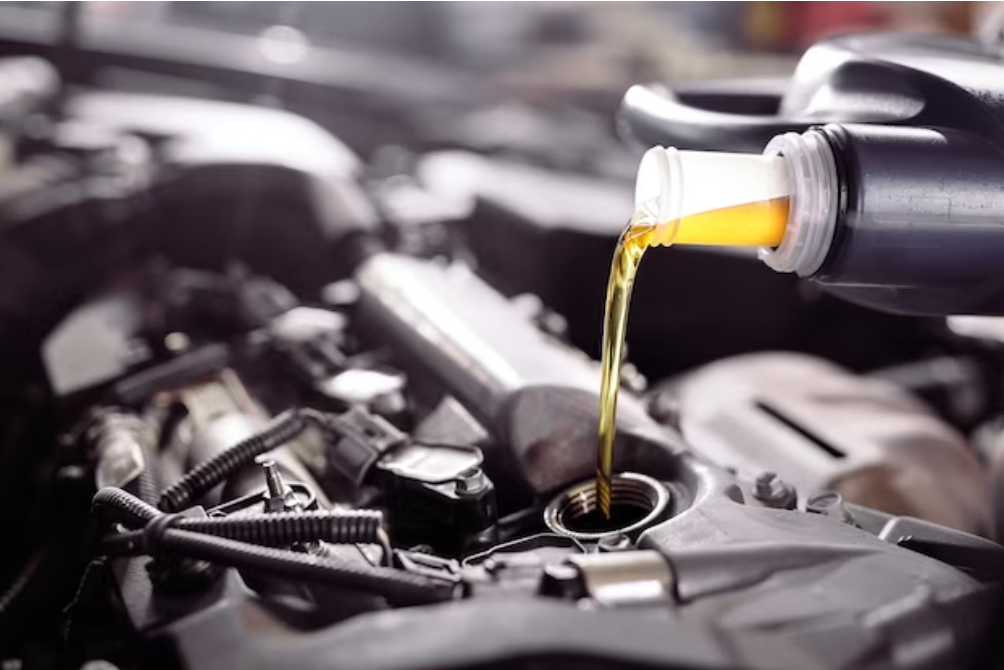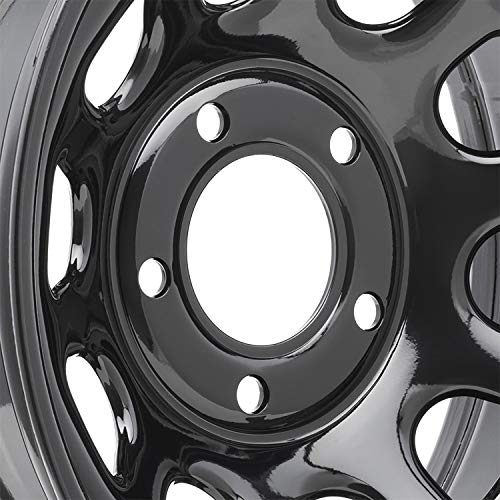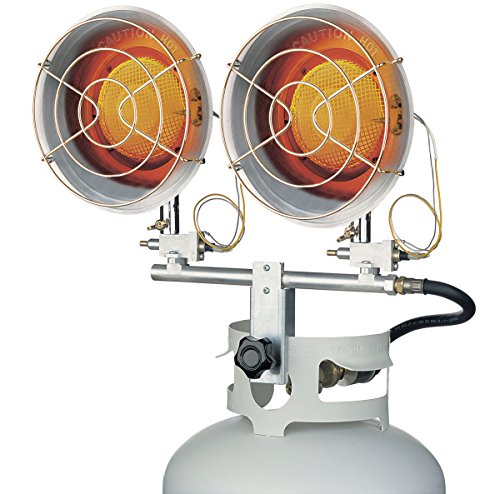How Often Should You Change Your Oil?
Your car’s oil plays an essential role in keeping your engine running smoothly. It prevents overheating, which can result in costly repairs or even complete engine failure, by lubricating all the moving components. However, do you know how frequently your oil has to be changed? For good maintenance, knowing when to change your oil is essential, so keep reading if you want to guarantee the health and longevity of your car! In this post, we’ll explore what factors determine when it's time to change out the old stuff for some fresh fluid. By understanding how often you should get an oil change, as well as what type of oils are best suited for each make and model of car, you'll be able to enjoy years of enjoyable motoring without fear of technical failures down the road.

How Often Should You Change Your Oil?
The frequency of oil changes for your vehicle depends on various factors. For further information, it is advisable to consult your car's owner's manual. Following the manufacturer's instructions is generally a wise place to start. Oil changes typically occur every 5,000–7,500 miles or every 6–12 months under normal driving conditions. However, more frequent oil changes, roughly every 3,000 to 5,000 miles or every 3 to 6 months, may be required if you often pull big loads or drive in harsh situations like stop-and-go traffic, extremely hot or cold climates, or dusty settings. Synthetic oils often allow for extended intervals, with recommendations ranging from 7,500 to 10,000 miles or even more. Regularly checking the oil quality and consulting with a mechanic or dealership can help ensure you are changing your oil at the appropriate interval for your specific vehicle and driving habits.

The optimum oil for your automobile relies on things like the brand and model of your car, the engine's specs, and the road conditions. The recommended oil type and viscosity grade may be found in the owner's handbook for your vehicle. Generally, synthetic oils offer superior performance and protection, particularly for high-performance engines and extreme driving conditions. They have better flow characteristics, resist breakdown in high temperatures, and often allow for extended oil change intervals. Conventional oils are more affordable but may require more frequent changes. Synthetic blends provide a middle ground, offering some of the benefits of synthetic oil at a lower cost. Additionally, high mileage oils are designed for older engines with higher mileage, providing extra protection and conditioning for seals. Considering these factors and seeking professional advice can help you determine the best oil choice for your car.

Regular maintenance and check-ups are essential for keeping your vehicle in optimal condition. Performing tasks such as oil changes, fluid checks, tire maintenance, brake inspections, battery checks, filter replacements, and monitoring belts and hoses can prevent potential issues and ensure your vehicle's longevity. It's crucial to adhere to the manufacturer's suggested maintenance plan and seek the advice of a reliable technician for expert inspections. These frequent maintenance procedures assist in spotting and fixing issues as they arise, enhancing the efficiency, security, and dependability of your car. Regular maintenance and inspections will help you avoid expensive issues and provide a smoother, more efficient driving experience.
-
Do I need to change the oil if my vehicle is not driven frequently?
Even if your vehicle is not driven frequently, it's still important to change the oil based on time intervals as specified by the manufacturer. Oil can degrade over time due to factors like temperature fluctuations and moisture accumulation. Changing the oil at the recommended time interval helps ensure engine protection and lubrication.
-
Is it okay to change my oil less frequently than recommended?
Going far over the manufacturer's suggested oil change interval is typically not advised. To maintain optimum engine lubrication and avoid engine damage, routine oil changes are required. Oil can get contaminated and lose its capacity to adequately protect the engine if you put off changing it for too long.
See more review here: The 10 Best Winter Car Seat Covers For Baby Of 2023













